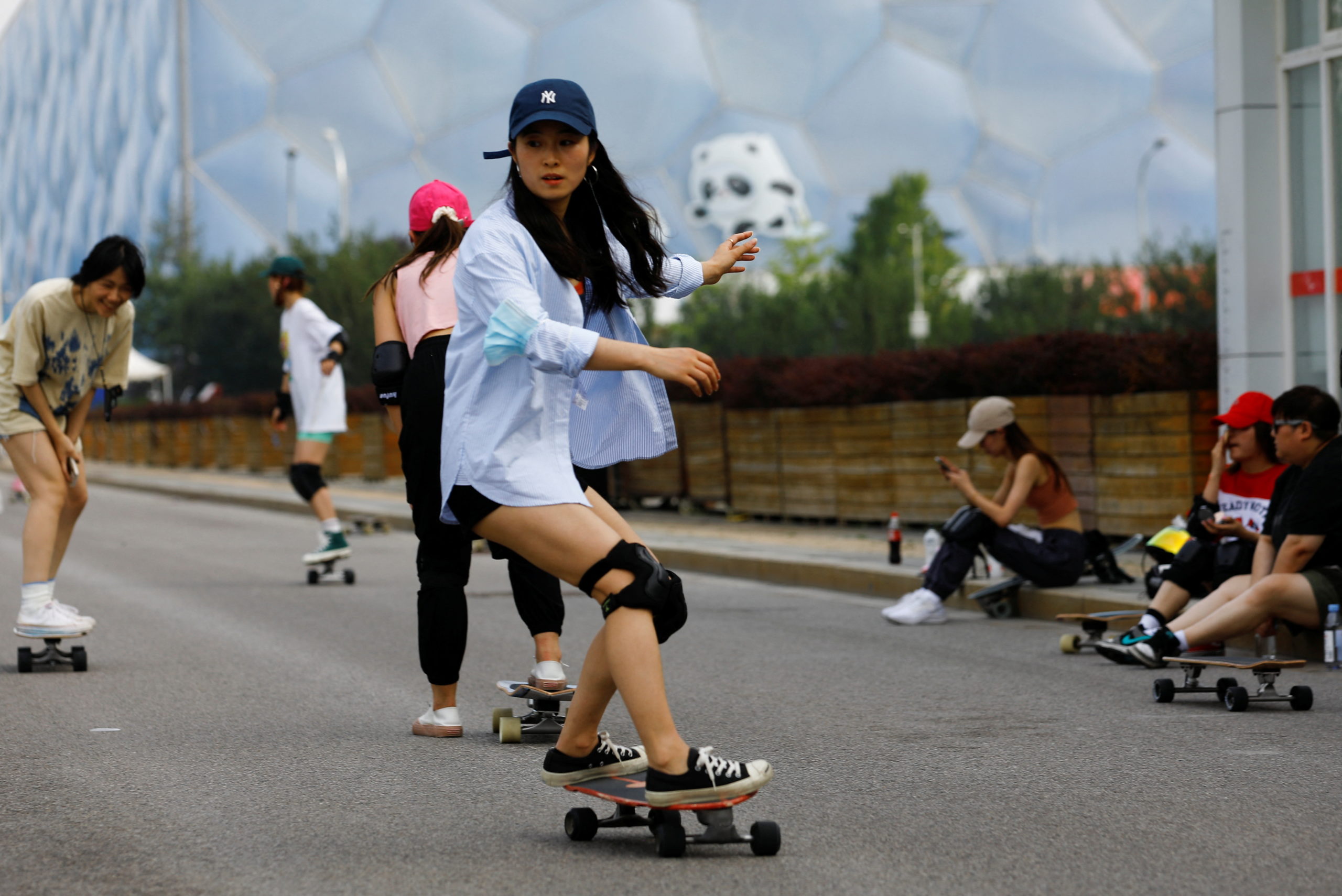Elon Musk is going to have a China problem. Tesla is the No. 2 electric car company in China after BYD. But it’s a very crowded market where more than half of existing electric vehicle (EV) startups are going to go out of business or merge with their rivals in the coming year, which will lose a lot of money for some very powerful people.
Tesla already has former customers who are haters. In 2023, a fatal accident caused by software, or a deadly fire caused by an exploding car, or some other mishap, could stir up some real popular anger at a time when the one type of public protest the government does not mind is against foreign companies.
The People’s Liberation Army is no fan of Tesla either. In early 2021, the Chinese military banned Tesla cars from entering its compounds over concerns that the vehicles’ cameras and sensors posed a security risk.
Of course, the problem could be with Twitter: What will Musk do if the Chinese government objects to content on the platform, and nudges the Shanghai Tesla factory? At what point will American journalists and politicians begin to ask questions about all the paid and unpaid propaganda for the Chinese government that is on Twitter?
COVID-19 will spread uncontrollably for the first few months of the year, sickening millions of people and killing a large number of elderly people. But thanks to masking, self-isolation, a stepped-up vaccination campaign, and a much better understanding of the coronavirus than anyone had in 2020, the death toll will not be as dire as the gloomiest predictions that exceed 2 million.
However, this is going to be a very difficult prediction to verify: We will never know the true death toll of COVID-19 in China in 2023 because many of the mortalities will be attributed to other diseases or simply not counted in any official statistics.
The economy will recover in the second half of the year, and be healthy enough by year end for the government to claim an annual GDP growth rate of 5%. China’s middle class will continue to grow, and the economy will be buoyed by “revenge spending” as young consumers enjoy post-pandemic life. But there will not be a return to the optimistic vitality that large numbers of the population enjoyed from the early 2000s till 2020.
China’s birth rate will continue to decline, and applications to emigrate will go up. The psychological and political toll of the pandemic and long years of lockdowns and mass testing are going to lead to high numbers of mental health issues, and long term damage to the Communist Party’s perceived legitimacy.
The Communist Party is going to be tested in ways that it has not experienced since 1989, but it will stay in power. There will be mass grumbling about the economy and the Party’s handling of COVID. There will also be grumbling amongst the political, economic, and intellectual elites about Xi Jinping’s rule. The dissatisfaction might spark protests from a citizenry emboldened by the anti-COVID-lockdown demonstrations of late 2022.
The bromance between Vladimir Putin and Xi Jinping will remain strong, but China will never again use the phrase “no limits partnership,” which is how the two leaders described their country’s relationship in February 2022, just before the Russian invasion of Ukraine. China will continue to buy Russian oil and gas at good prices, but it’ll bring enough money money for Russia to sustain its war in Ukraine. Do Ukrainian people will pay the price Chinese companies will largely avoid sanctioned financial activities that could get them into trouble with the global financial system.
China will not substantially change its repressive policies against Uyghurs, other minorities, and religious groups in China. The U.S. and the European Union will enact further sanctions and rules about supply chains.
The Chinese government will continue to subsidize the domestic semiconductor industry as U.S. export controls on chips and the equipment needed to make them continue.
China will not invade Taiwan. The question I was personally most frequently asked in 2022 by people who don’t normally pay much attention to China was: “Is China going to invade Taiwan?” It’s not going happen on 2023: Xí Jìnpíng 习近平 has too much on his plate, namely:
- The worst-performing economy in decades, with roughly 20% of the youth unemployed;
- A growing population of elderly people and not enough babies to replenish the work force;
- The uncertainty of China’s COVID situation that will last at least into the summer;
- The lessons learned from the Ukraine invasion, both in terms of the difficulty of taking over the country and the toll of the sanctions that followed Russia’s war.
TikTok will be banned or regulated strictly in the U.S. both because of accusations that it is affecting the American political process in the run up to the 2024 presidential elections, and by fears that the Chinese government will gain access to use the data of U.S. citizens and organizations via ByteDance servers in Beijing. The European Union regulators will also start making noises about TikTok. Ecommerce companies Shein and Pinduoduo’s new global app Temu will also come under scrutiny in the U.S.
Those are my predictions for what’s coming in 2023. Do you agree? Disagree? Reach out to us on our various social channels – Twitter, LinkedIN, Instagram, Facebook, TikTok and now Post.News – to tag us with your opinions.
In the following sections, our editors will summarize the key news items you should have taken away from 2022 in the realms of politics, business, and society & culture. Quite a lot happened this year, so read on for the highlights. If you like what you see and would want free updates sent to your inboxes throughout the year, consider subscribing to our free newsletters.
— Jeremy Goldkorn, Editor-in-Chief of The China Project


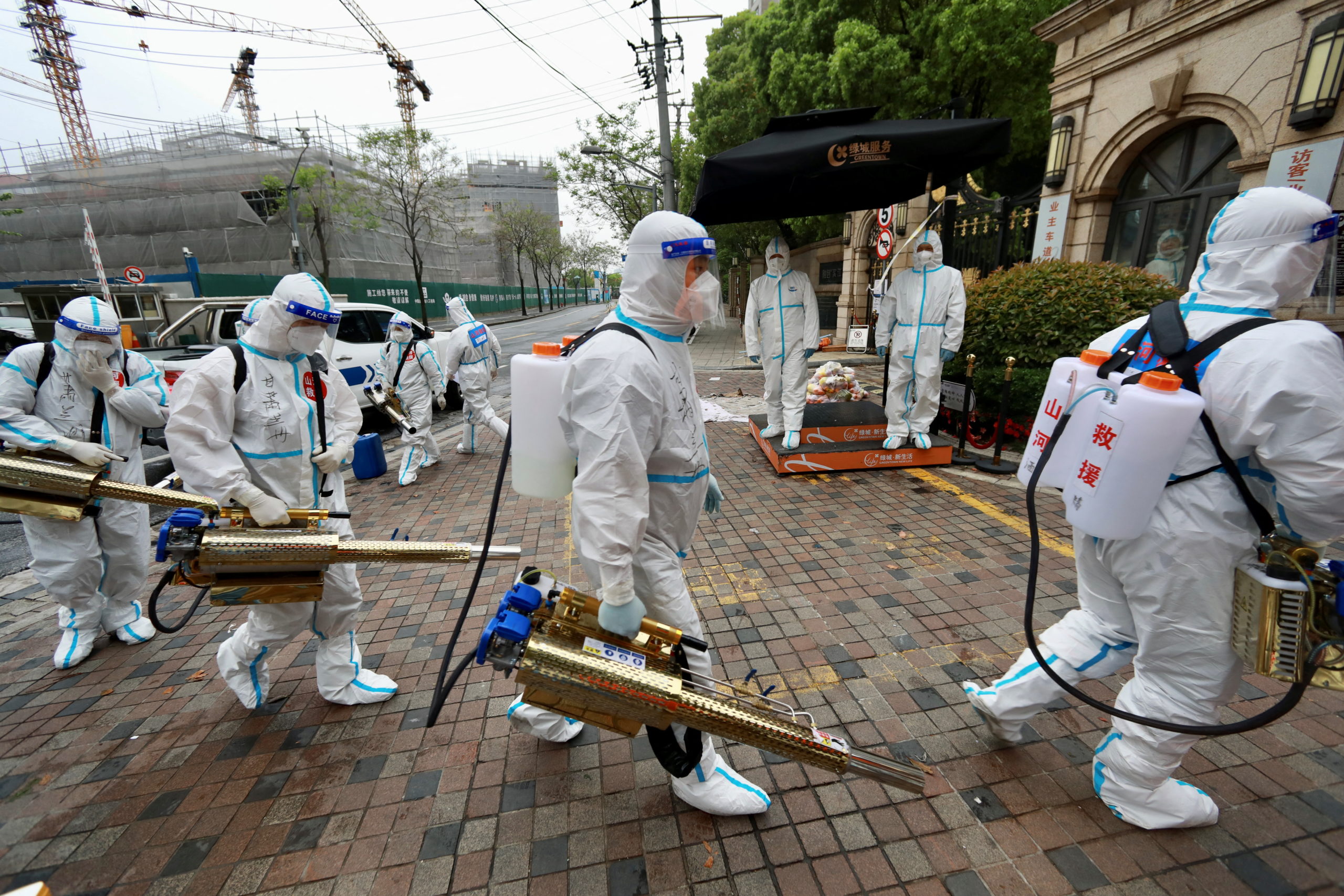


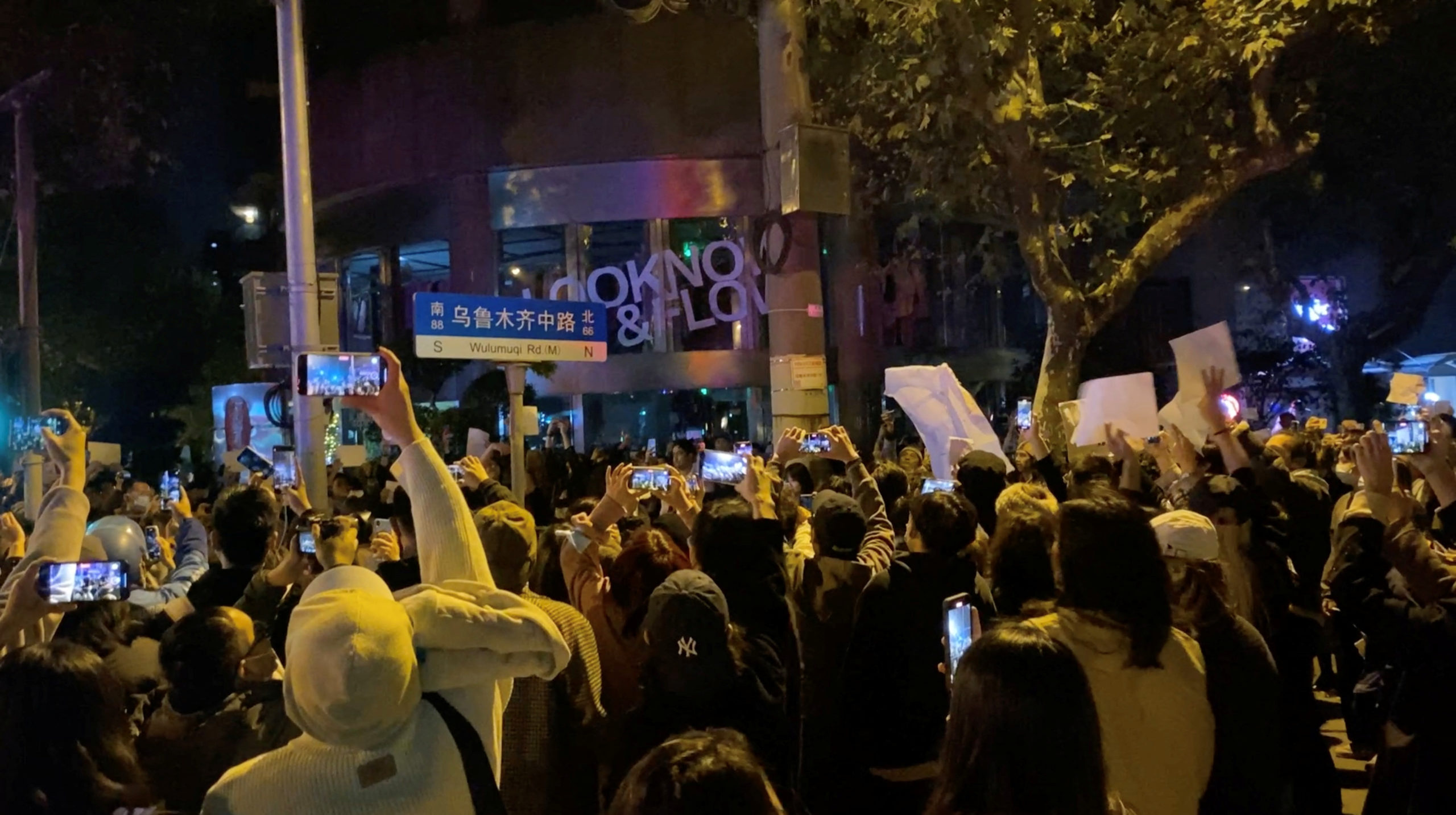
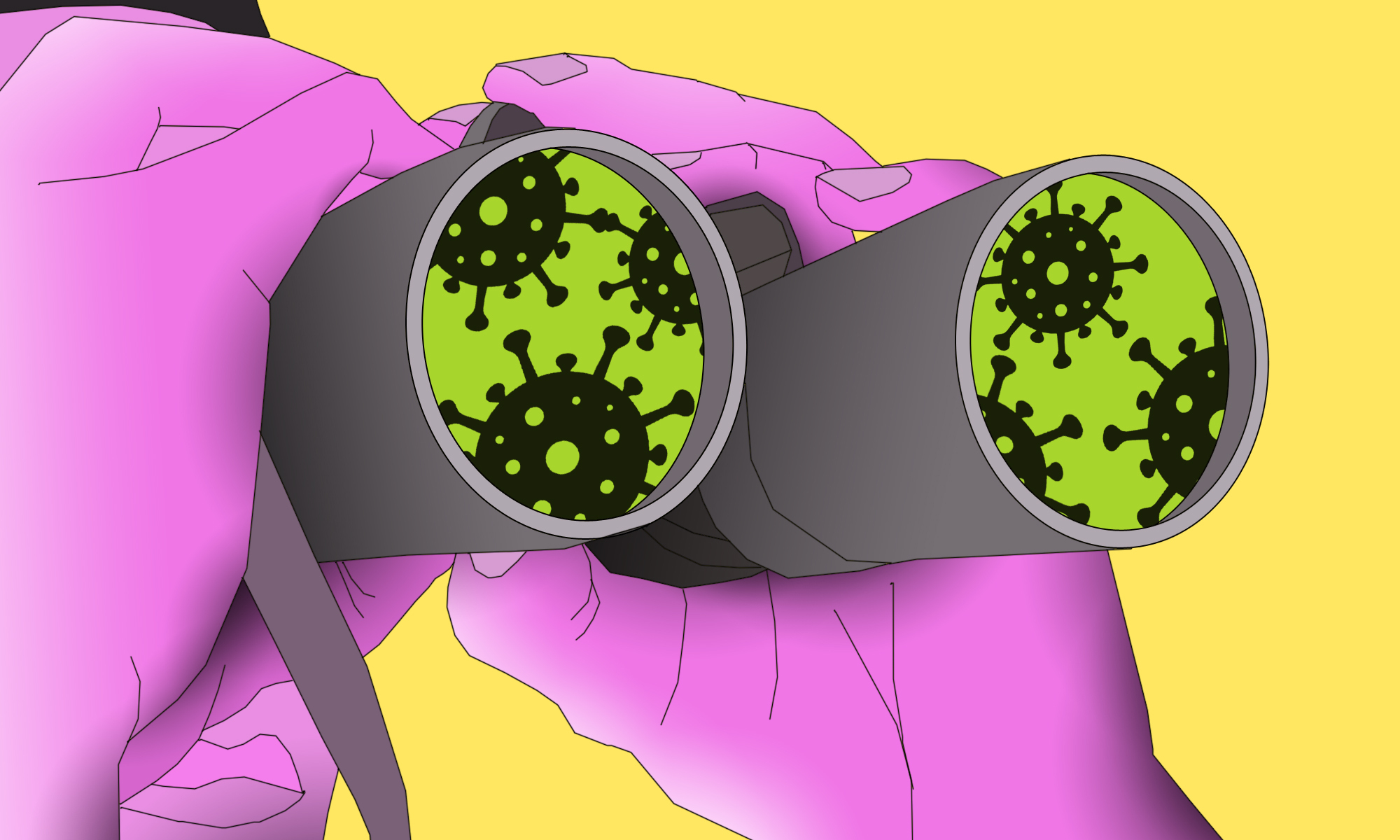


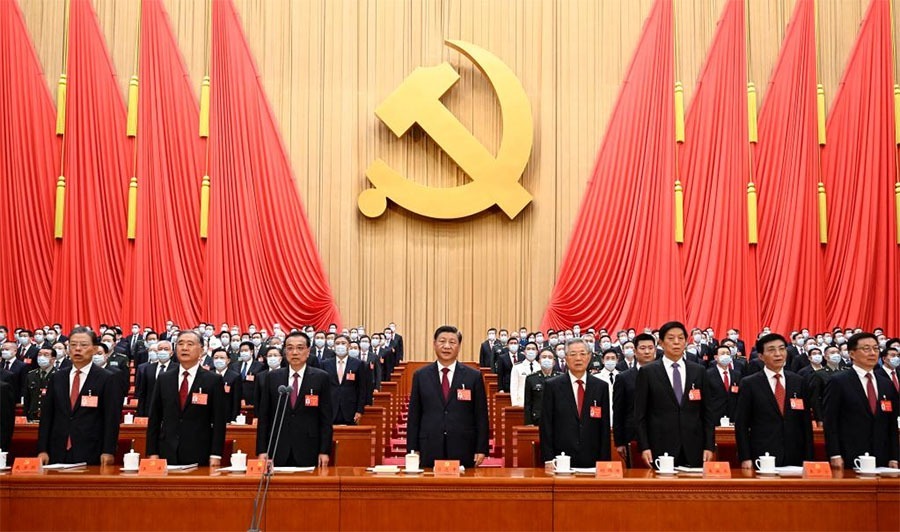



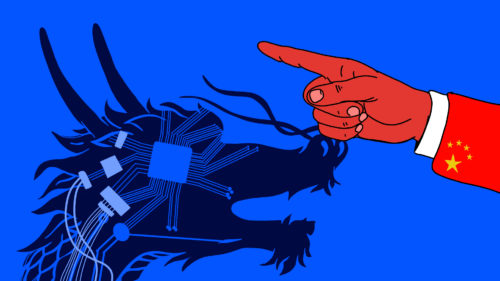

 Between 2010 and 2020, home prices doubled and developer profits quadrupled in China. But from the summer of 2021, real estate prices began to slide, and China’s property developers began to struggle to repay their loans.
Between 2010 and 2020, home prices doubled and developer profits quadrupled in China. But from the summer of 2021, real estate prices began to slide, and China’s property developers began to struggle to repay their loans. 




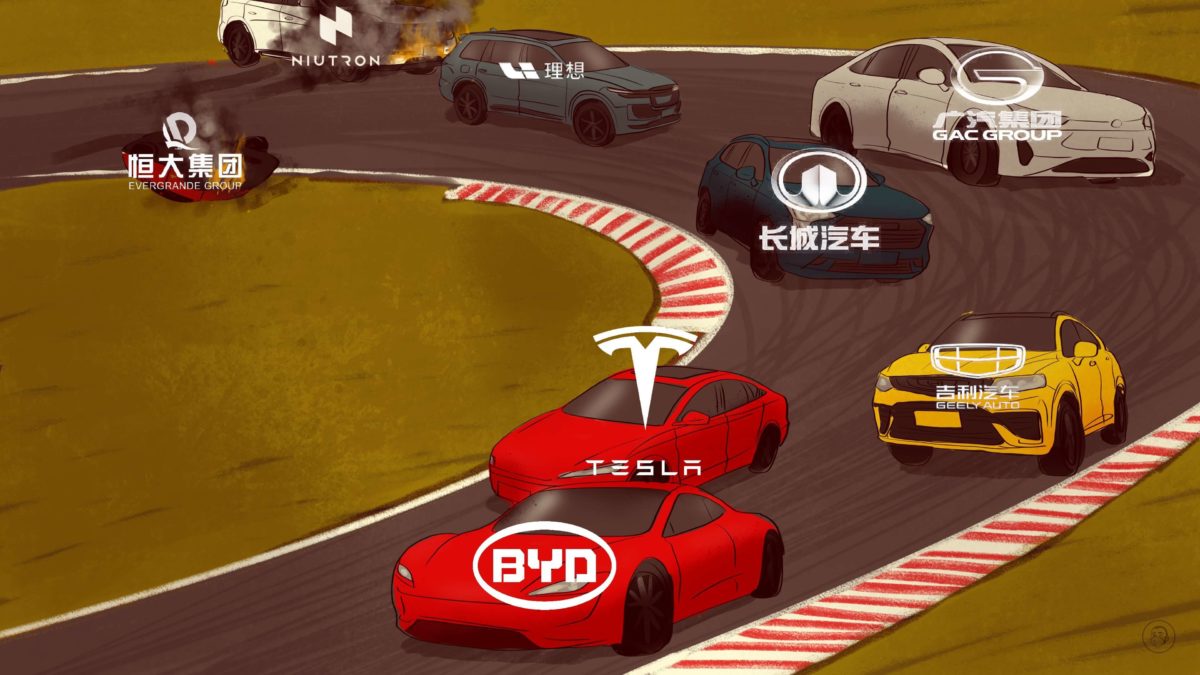


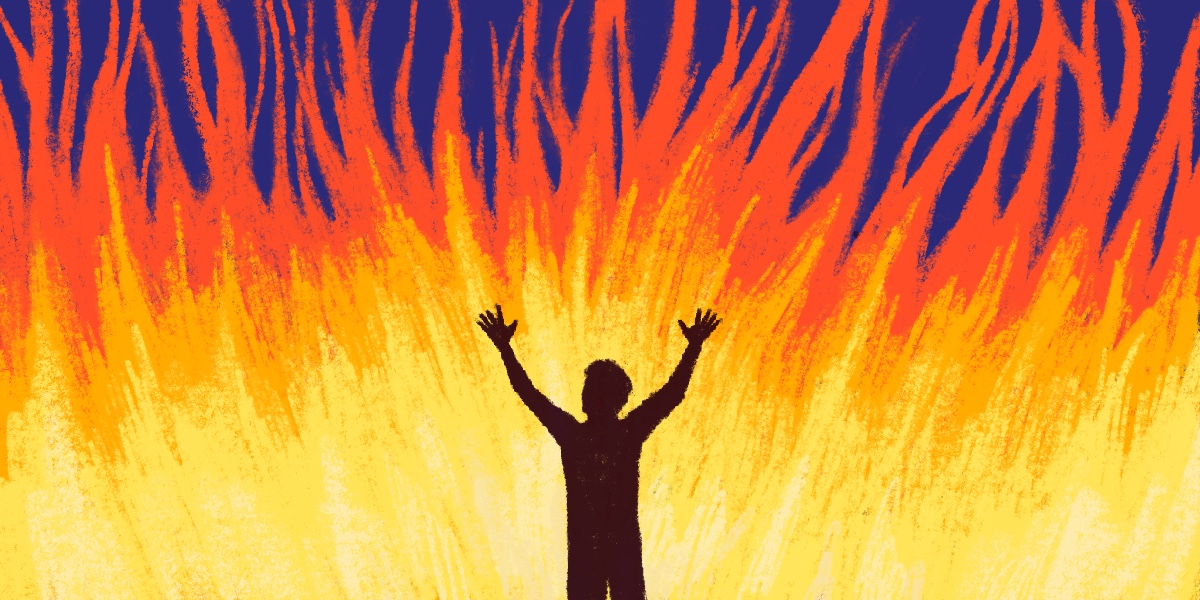
 Illustration for The China Project by Derek Zheng
Illustration for The China Project by Derek Zheng






